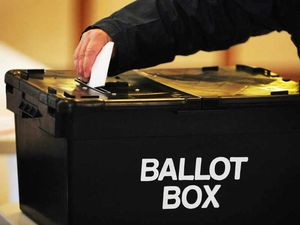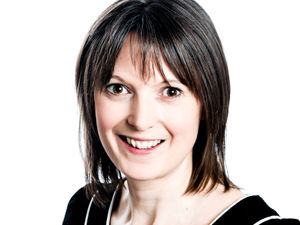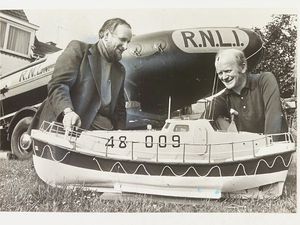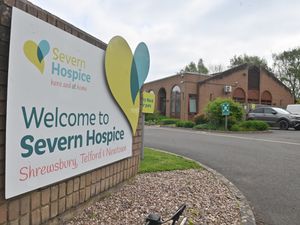Talking Telford: Could citizens' assemblies give communities more of a voice?
Could Telford benefit from citizens’ assemblies? Would the people of Telford’s towns rise to the challenge of being more directly involved in the future of their democracies, and could we all be better off for it?

I’ve been thinking about citizens’ assemblies a lot over the last week or so (yes, I’m great fun at parties. Why do you ask?) in the fallout of a political earthquake in the country I grew up in. The Republic of Ireland’s Taoiseach has resigned and all its major political parties are red-faced after the public roundly rejected two opportunities to ‘modernise’ two instances of outdated language in the country’s 1937 constitution. The government and main opposition parties had backed ‘yes’ votes on updating old-fashioned references to women and the family.
Their stark failure (‘no’ won with 67 per cent of the vote in one referendum and 74 per cent in the other) has caused a lot of hand-wringing and debate over the state of Ireland’s much-vaunted citizens’ assemblies - randomly selected panels brought together to discuss such issues and make recommendations to parliament. They were hailed after progressive moves on abortion and same-sex marriage, but the fear among some is that citizens’ assemblies have become vehicles of lobbying groups, no longer representative of the man or woman in the street.





